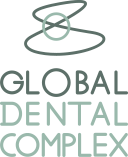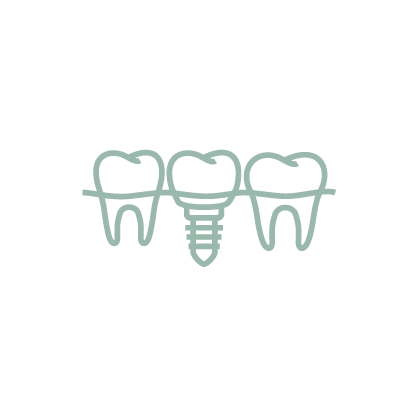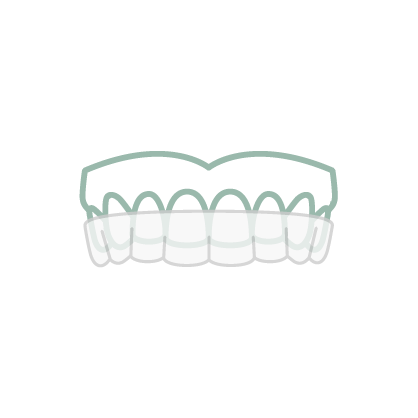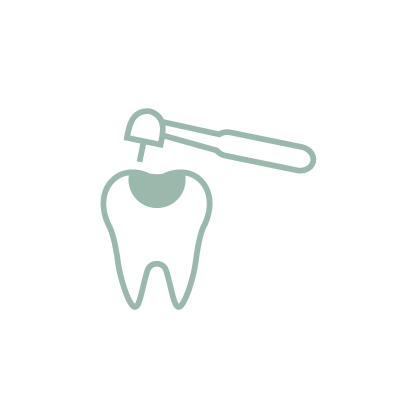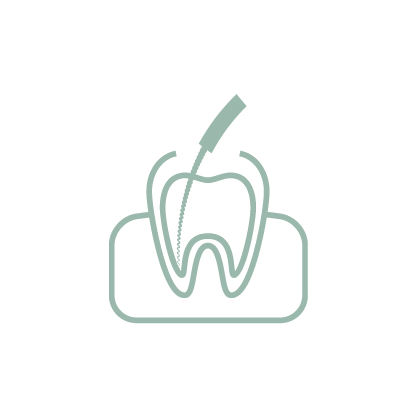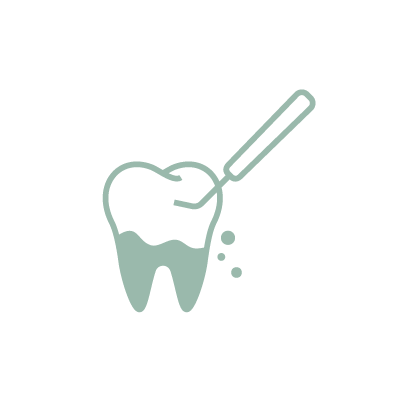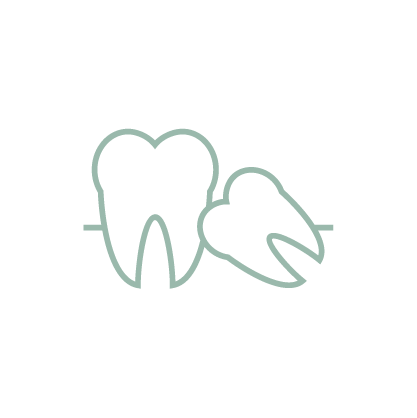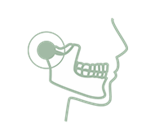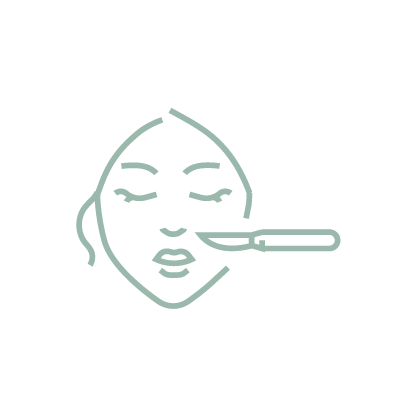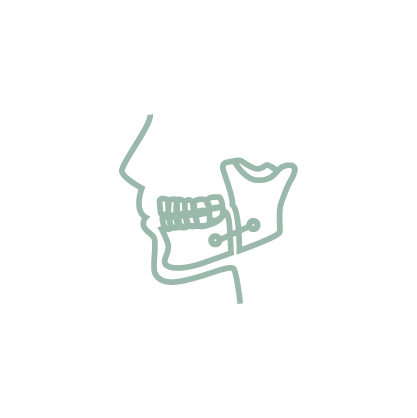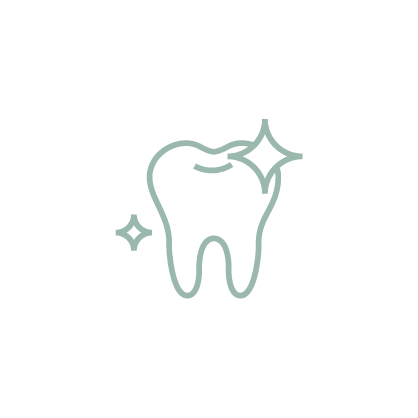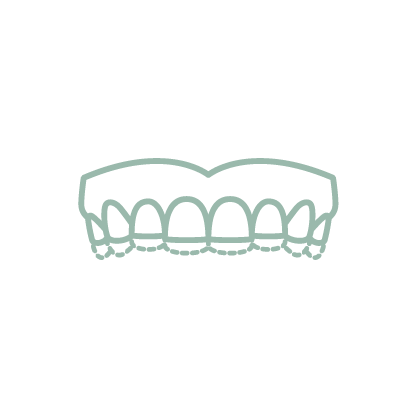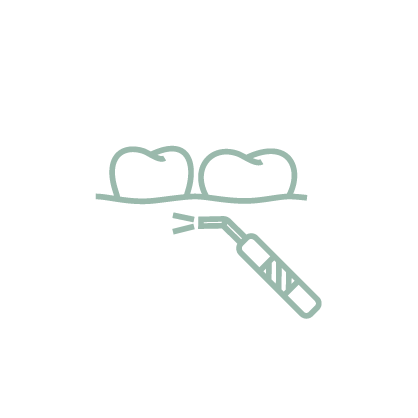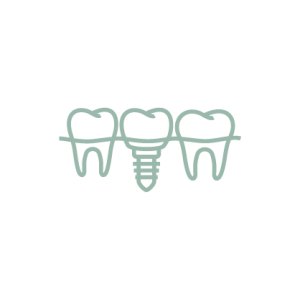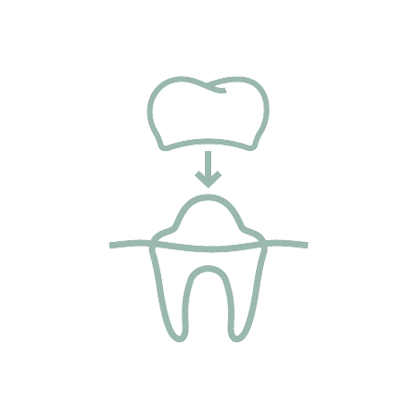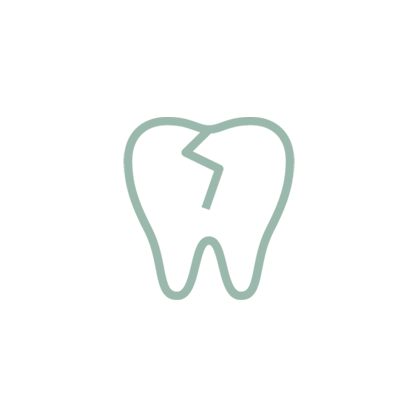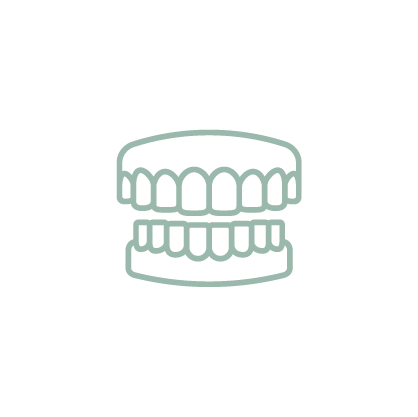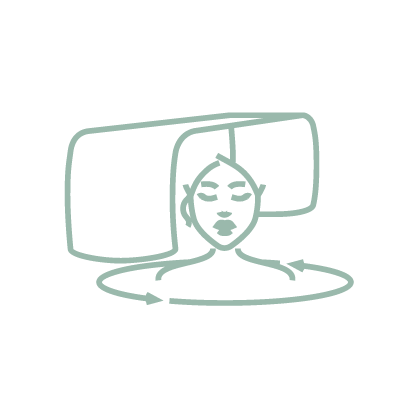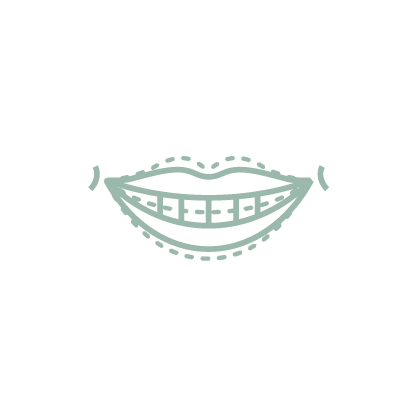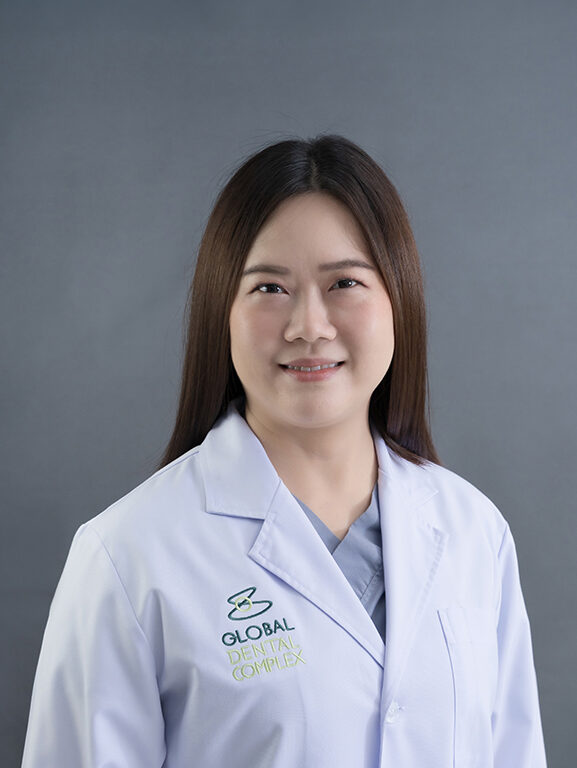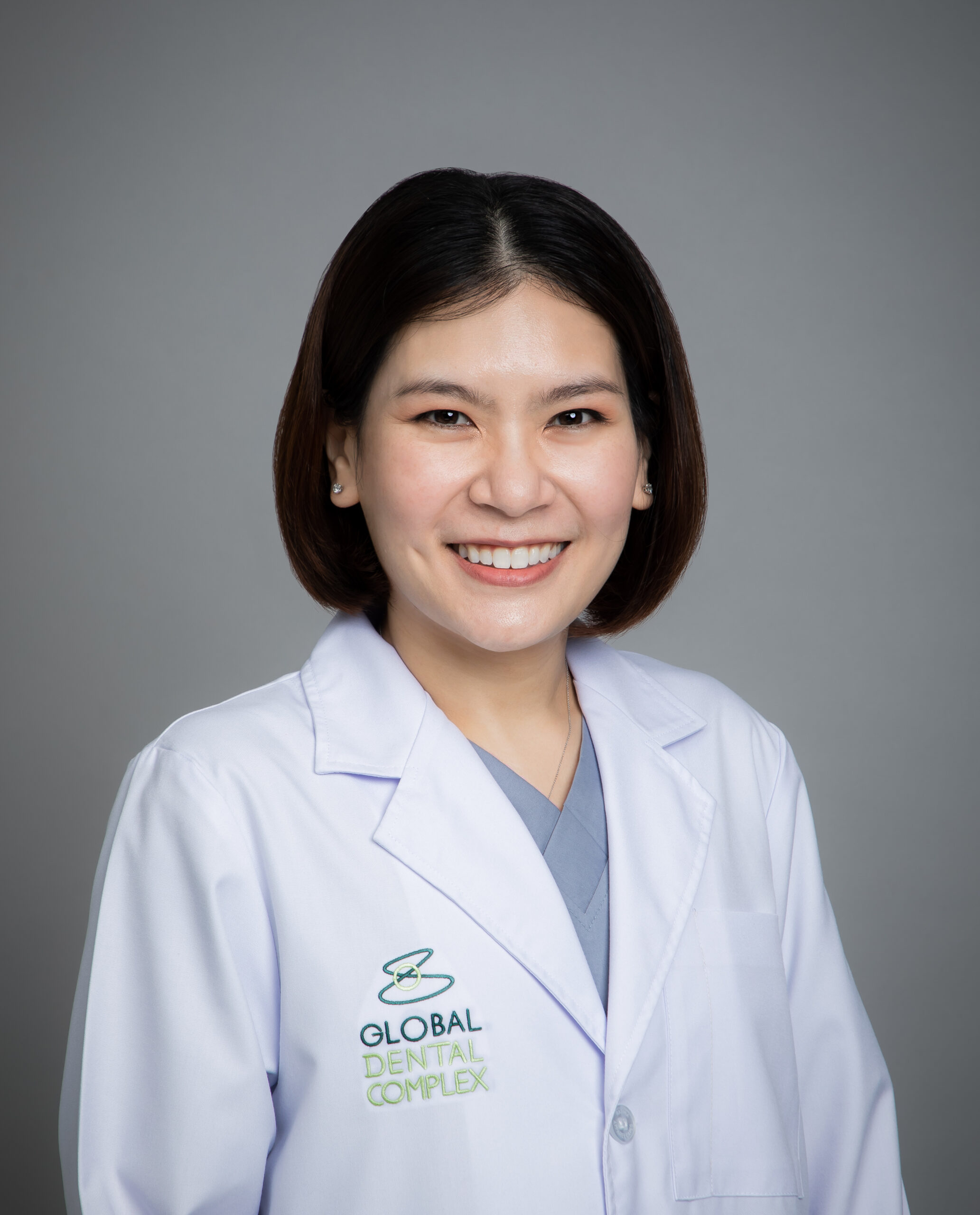What is sleep apnea?
Sleep apnea is a condition that causes you to stop breathing while you are sleeping. It happens because of airway blockage (obstructive sleep apnea) or malfunction from brain (central sleep apnea).
Sleep apnea results in lack of oxygen while you are sleeping. As a result, it activates a survival reflex and wakes you up to resume breathing which interrupts your sleep cycle. It prevents good and deep sleep which can cause serious side effects and consequences.
The main types of sleep apnea are:
Central sleep apnea (CSA), which occurs when the brain does not send proper signals to the muscles that control breathing.
Obstructive sleep apnea (OSA), which is more common. It is caused from throat muscles relax and block the airflow into the lungs.
What are the symptoms for sleep apnea?
- Feeling tired or even exhausted when waking up. Even after a full night’s sleep, people with sleep apnea commonly feel extremely tired.
- Daytime sleepiness. It can cause drowsiness during the day especially when driving.
- Snoring. It is common with sleep apnea but not always the cases. You can still have sleep apnea without snoring at all.
- Insomnia.
- Mood changes. Depression and anxiety are common symptoms of sleep apnea.
- Disruptions in brain function. These can include memory loss, trouble concentrating or other brain-related issues.
- Pauses in breathing while asleep that others can witness.
- Waking up repeatedly in the middle of the night
- Waking up feeling short of breath or like you’re choking.
- Night sweats and feeling restless at night.
What are the risk factors of obstructive sleep apnea?
- Obesity greatly increases the risk of OSA. Fat deposits around your upper airway can obstruct your breathing.
- Older male.Men are 2 – 3 times more chance to have sleep apnea than women. Older people are also more chance to have sleep apnea than younger one.
- Family history.Having family members with sleep apnea might increase your risk.
- Nasal blockage.If you have trouble breathing through your nose, you are more likely to experience obstructive sleep apnea.
- Smokers are three times more likely to have obstructive sleep apnea.
- Alcohol, sedatives or tranquilizers.They relax the muscles in your throat causing obstructive sleep apnea.
What are possible complications from sleep apnea?
- Daytime fatigue and drowsiness
- High blood pressure
- Heart problems
- Diabetes type 2
- Metabolic syndrome
- Complications with medicines and surgery
- Non-alcoholic Fatty liver
How to diagnose if you have sleep apnea?
The most common tests for sleep apnea include:
- Lab sleep test (polysomnogram): This is a stay overnight test where you sleep in a medical facility or hospital while monitoring your sleep. It is considered the gold standard for diagnosing sleep apnea.
- Home sleep test: At Global Dental Complex, we provide home sleep test for our patients who is suspected to have sleep apnea or bruxism. We will attach sensors and device to monitor your sleep while you are comfortably sleeping at your own home. It is quite similar to a lab sleep test, but does not involve brain wave monitoring and does not diagnose central sleep apnea.
What are the sleep apnea treatment options for obstructive sleep apnea?
- Conservative (nonmedical) sleep apnea treatments.
- Continuous Positive airway pressure device.
- Sleep apnea oral appliances (mouthpieces).
Conservative treatments
They cannot cure, but they can reduce apnea. These include:
- Weight loss.
- Position changes while sleeping and sleep aid items. Sleeping on your back makes sleep apnea more likely to happen. Special support pillows and similar items can help change the position in which you sleep, keeping you off your back so soft tissue doesn’t press on your windpipe and block breathing.
- Nasal sprays, adhesive strips, etc. Making it easier for air to flow through your nose. While they are not for moderate or severe sleep apnea, they can help reduce snoring and mild sleep apnea.
Continuous positive airway pressure (CPAP)
Continuous positive airway pressure device increases the air pressure inside of your airway while you breathe. This method can treat both obstructive and central sleep apnea.
There are many different types and models to choose from.
Sleep apnea oral appliances
Obstructive sleep apnea happens when your tongue and jaw press downward on your windpipe while you are sleeping. Special mouthpiece devices can help hold your jaw and tongue in a position that keeps pressure off your windpipe. Sleep specialists make referral patient who have snoring without apnea, or mild form of apnea to sleep medicine dentist to have oral appliance which depend on severity of the patient’s symptoms and their individual needs
How do sleep apnea oral appliances treat the condition?
In case of mild to moderate OSA, oral appliance therapy is considered a first treatment option. Patient with severe OSA is recommended to use CPAP (Continuous Positive Air Pressure) or a BiPAP machine. Sometimes, sleep apnea oral appliances are an alternative treatment for many patients who can’t tolerate CPAP therapy.
However, oral appliance can’t be replaced appliance for CPAP therapy in some patients, and they should be treated as an appropriate backup plan. Even though, oral appliance can help to improve sleep apnea. CPAP therapy is the best approach to treat OSA.
The main purpose of the dental device is to keep the airway open during sleep, thereby preventing it from collapsing and blocking the normal flow of air during breathing.
The two most general categories of dental devices can be broken down into:
- Mandibular (lower jaw) advancing devices
- Tongue retaining devices
Oral appliance help treat sleep apnea symptoms by:
- Bringing the lower jaw forward to open airway.
- Prevent tongue to fall backward during sleep.
- Doing both actions simultaneously.
If you require dental sleep apnea treatment in Bangkok, or if you are seeking a consultation on sleep apnea oral appliances, consult with Global Dental Complex today.
